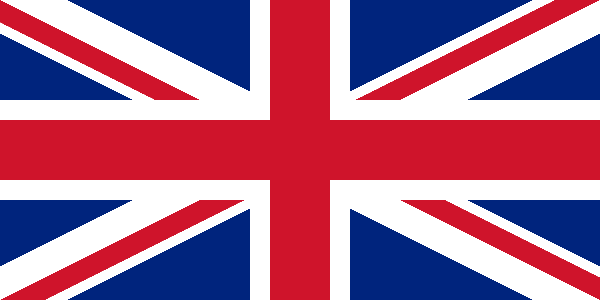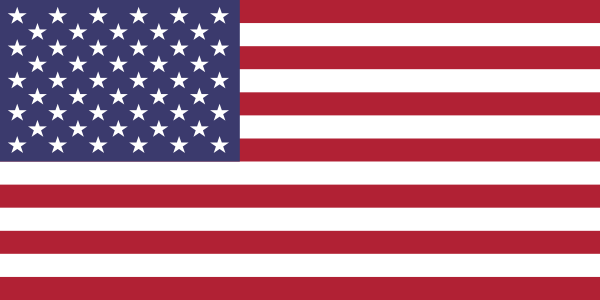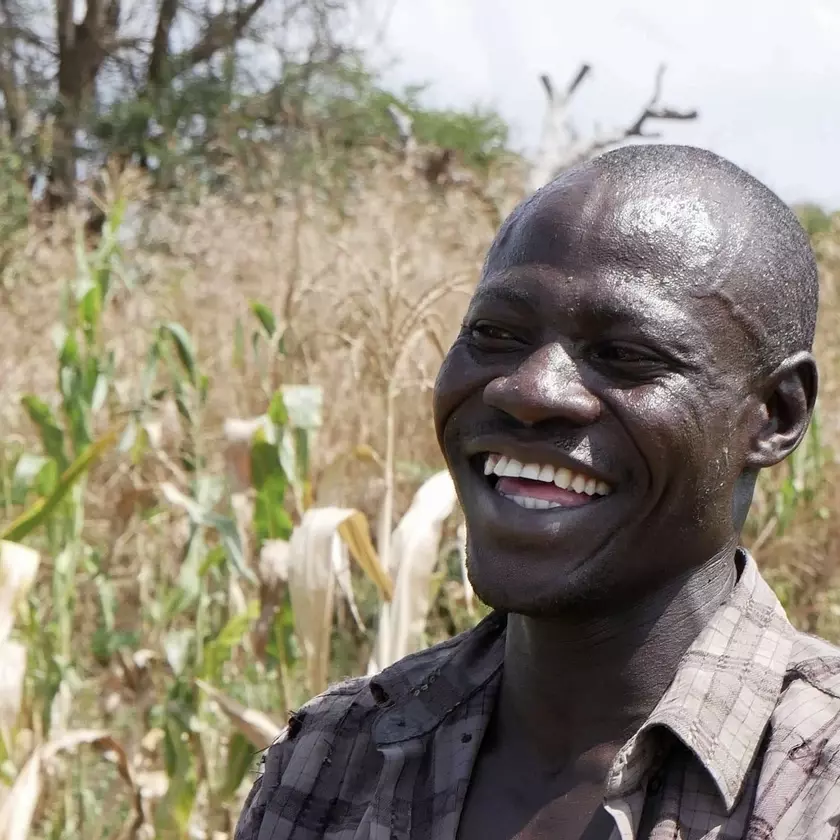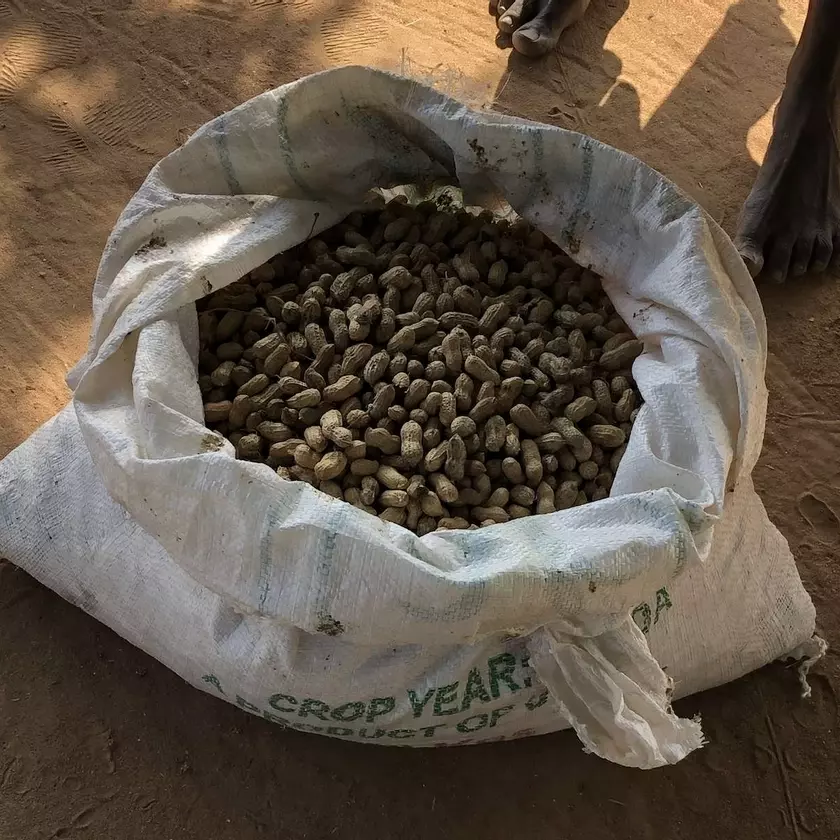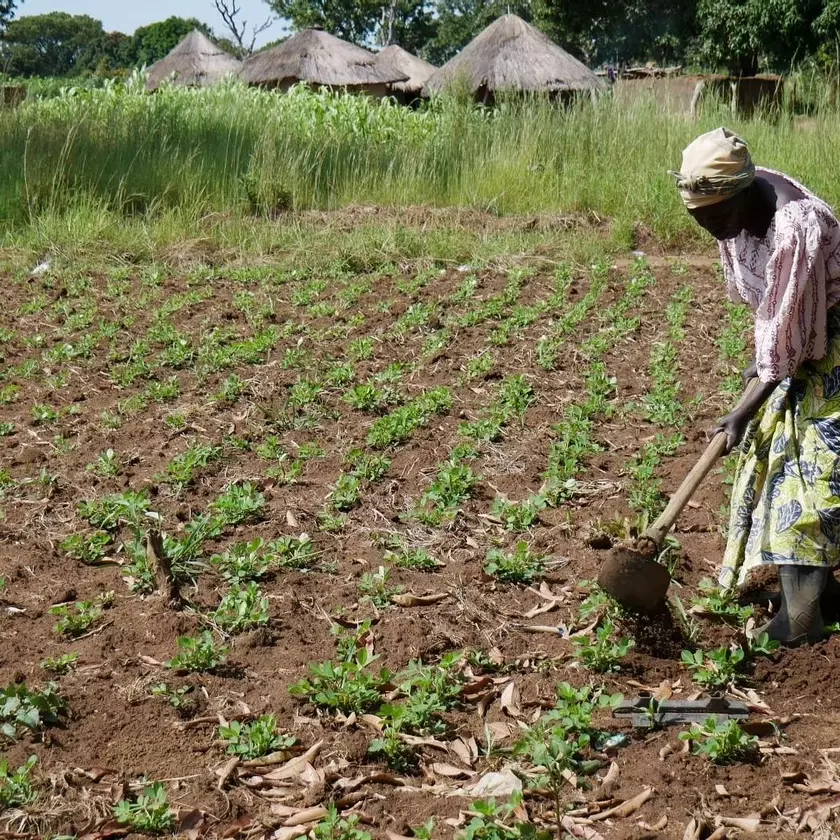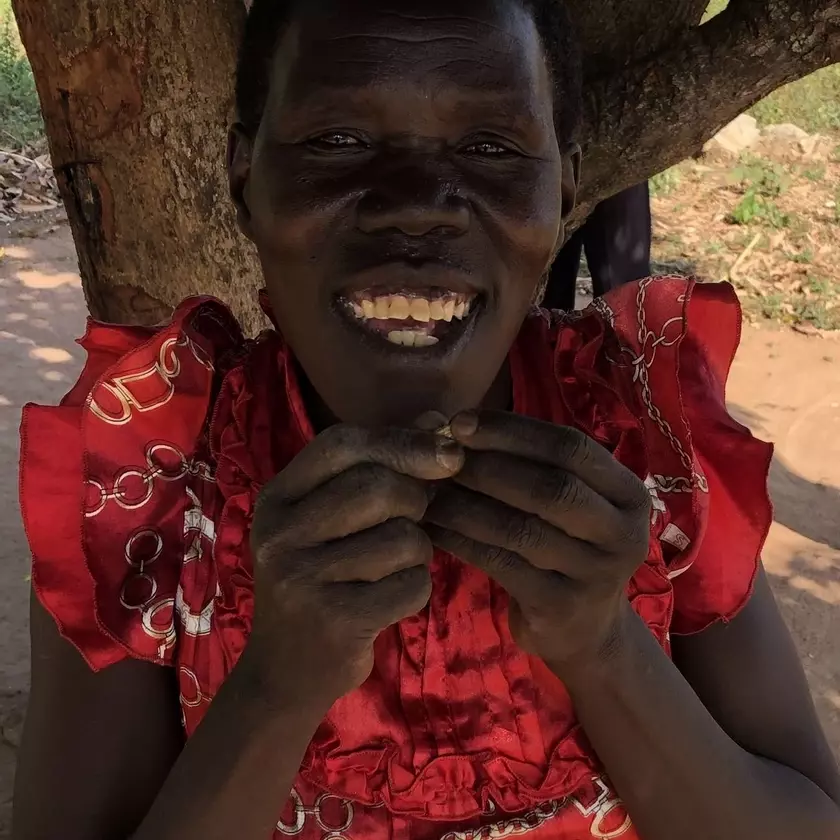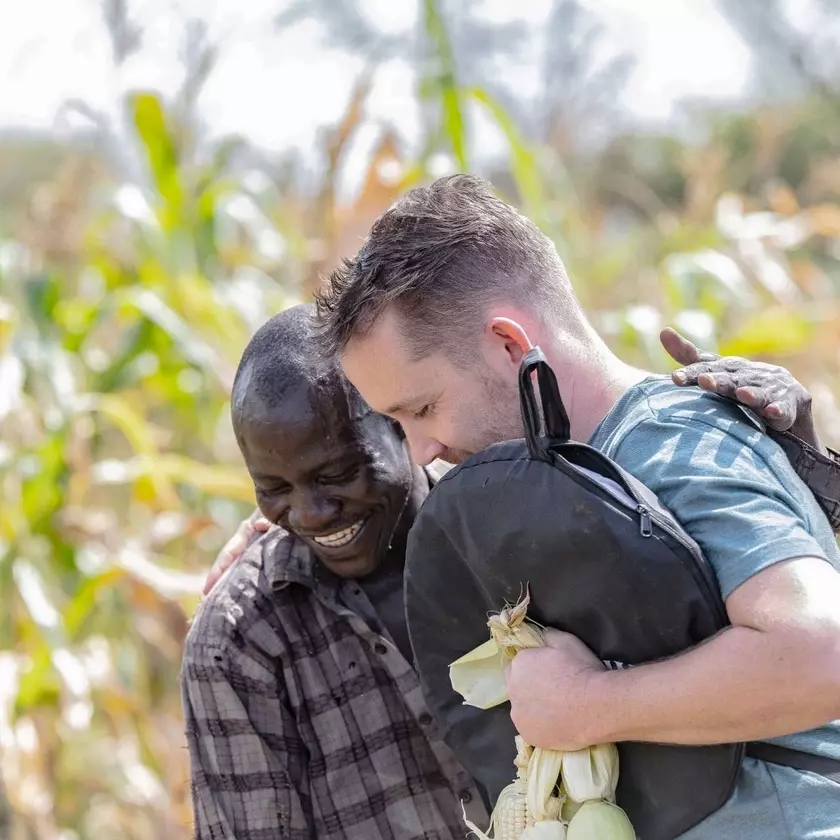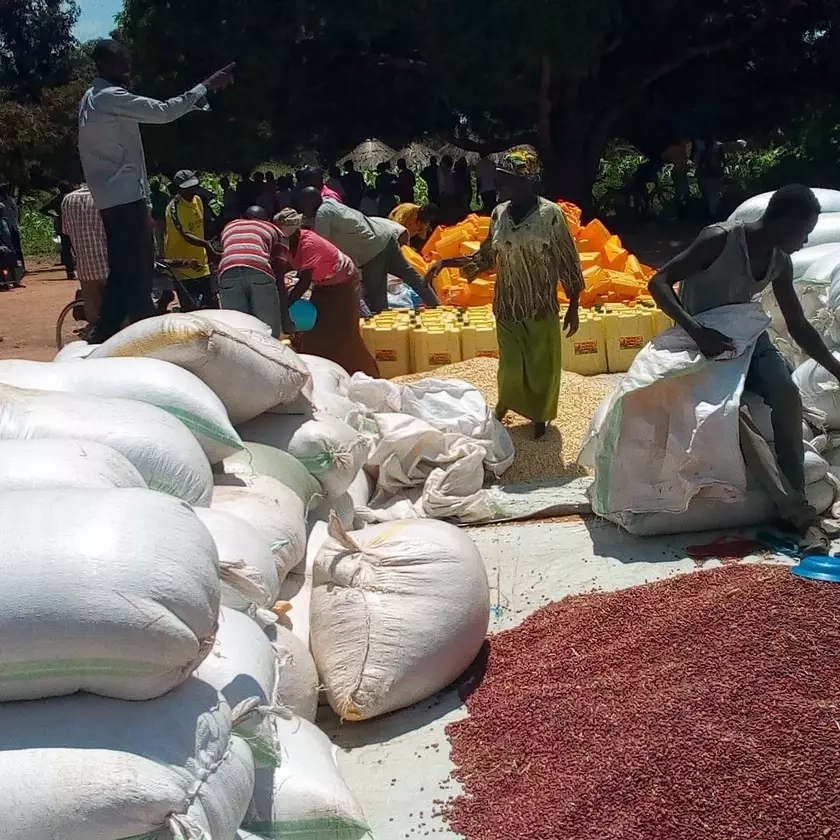was humbled at the end of last year meeting a handful of refugees with disabilities who'd fled outbreaks of violence in South Sudan. One had previously described 'bullets passing over head', as he shared the harrowing accounts of the civil war in South Sudan. It was striking that at least 3 of these individuals said they were saved thanks to a 'Good Samaritan.'
Regardless of our faith, most people would be familiar with 'The Good Samaritan' story. A parable told by Jesus about a man who was robbed, badly beaten and 'left half dead'. Two individuals you'd expect to help pass by and ignore the man. A third less likely individual stops, risks his own safety and well-being and sacrificially assists the man. The individuals we met had been unable to flee from the fighting due to their disability. On each occasion they commented how a 'Good Samaritan' had stopped and helped save them. In a country with in-discriminate killing, this is a courageous act. To stop and delay your own efforts to flee takes real sacrificial compassion...especially when not related to the person you're helping.
Of all the projects we're currently involved in, assisting many of these refugees with disabilities is now amongst our greatest privileges as a charity. Last week I was reviewing our 2018 East Africa impact and was so encouraged by what our field team reported. Last year in partnership with BMS World Mission, we were able to provide 4 x emergency food distributions to these displaced persons, assisting about 1,000 people on average per distribution (as pictured below).
On one distribution alone we assisted 427 people with disabilities, 245 elderly beneficiaries, 22 individuals with mental health illness, 86 with physical health problems including TB, HIV and leprosy and 109 widows or single parents, many as a result of the war. It was beyond humbling to read some of the feedback from those who received support:
'We are able to feed twice a day but before we depended from well wishers and friends and if they don't give we sometimes sleep hungry.'
' The food aid helped reduce malnutrition for us persons living with disabilities, elderly people and children.'
'We are war survivors, the food aid saved us from dying due to hunger.'
On the same morning I heard of these 'Good Samaritan' rescues, the team also shared in a memorable meal. It's strange that of all the special meals I can remember in the last 5+ years, the majority have been thanks to the incredible and humble hospitality of some of the worlds poorest. Alongside the emergency food aid, last year we trained and equipped 100 vulnerable refugee families with the skills to produce their own harvests. After a long walk in the scorching sun, we were introduced to one single parent father with a disability who'd benefited from this work (picture below thanks to BMS World Mission). He was adamant we received some of the first fruits of his labour. 4 or 5 corn on the cobs which were cooked on a small open fire and then handed around.
His generosity wasn't an isolated case. Across the morning we saw the incredible joy, pride and impact of families in unmanageable difficulties, being empowered by our agriculture efforts. Efforts which they said were saving and transforming their lives.
The Global Acute malnutrition rate in many refugee camps in Uganda is still above 10% (classified as serious). This year we're committed to assisting with the urgent nutrition needs further. We're delighted BMS World Mission have just given us another grant to support a further 100 families, but we want to do more. There's also the critical need to help support thousands of people already suffering from acute malnutrition. I'll cover that in my next blog.
When Jesus ends his parable, he does so with a very clear and direct conclusion. Turning to those present in response to the mercy shown by the 'Good Samaritan', he simple says, 'Go and do likewise.' Regardless of our faith, when it comes to nutrition, the challenge of this parable is one we should still take seriously. We can choose to turn our heads and walk on by, or stop and respond.
Pictured here, one beneficiary managing her fields & showing/sharing her harvest of G-Nuts.
